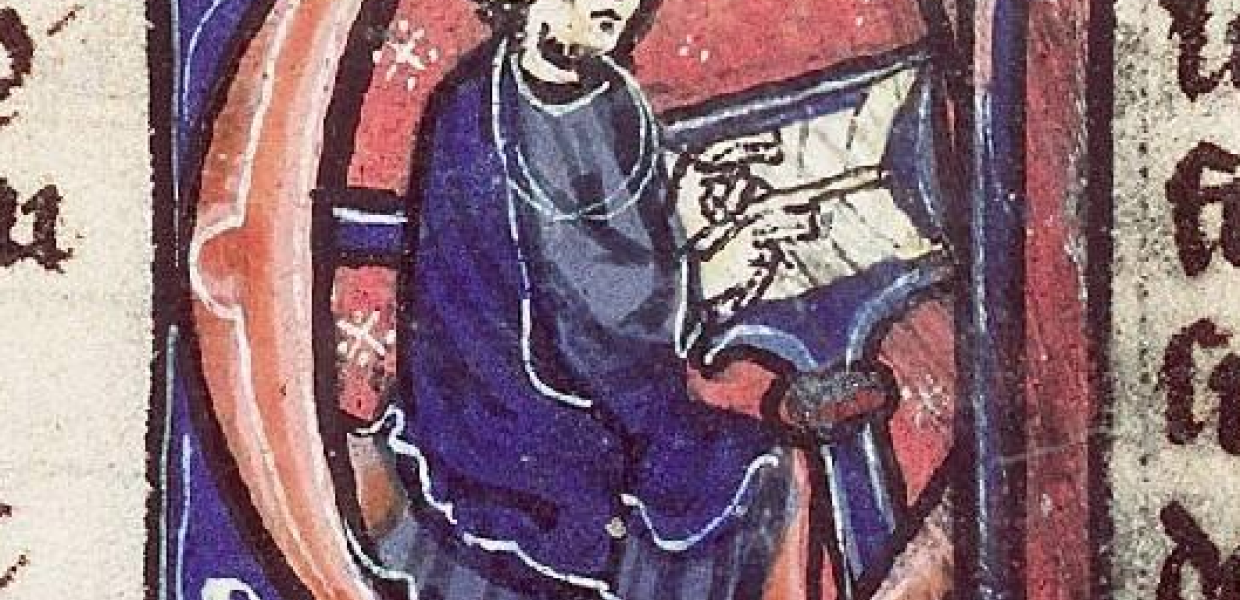Tougher times for funding proposals
One of the earlier cross-disciplinary calls in the EU’s H2020 programme was for the Virtual Research Environment call (eInfra-9)
The deadline for proposals was earlier this year. According to the EU website, over 90 proposals were received. Given that 40m Euros was available, and that proposals were supposed to request between 2 and 8 million Euros, this means that around 8 proposals will get funding

Anecdotal evidence from colleagues in other institutions involved in this call provide evidence of how much more difficult things are getting.
One proposal got an astoundingly good 14.5 out of 15, but still got rejected. The only successful proposal I have heard of got 15 out of 15. This means that bids need to be literally perfect (at least in the eyes of the reviewers) to get funding.
This should sound a warning shot to those preparing proposals. It's evidence that there is less money to be had for projects, particularly now there is not the PSP_ICT programme that provided much generous funding for digital cultural heritage projects.
The practice of cobbling together partners, budgets and text at the last moment may have worked when a few very clever people could work late into the nights before submission date.
But such an approach will also leave a few gaps and inconsistencies, i.e. will bear traces of imperfection. Any mistakes might mean losing crucial half points.
So if you are serious about a project proposal, get your consortium organised early, identify your core goal, identify and agree on your coordinator and work package leaders and get writing long before the submission date.
(For details of the EU marking system, with its three pillars of Excellent, Impact and Implementation Quality, see the document on the EU site.)
(Oh, and one of the bids that I was involved in at Europeana (Wikidata4Research) got rejected. A brilliant bid, at least in my opinion :), but one maybe ahead of its time. The full details of that bid are available on Wikidata.)
